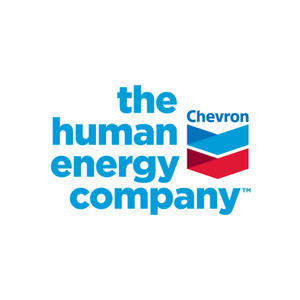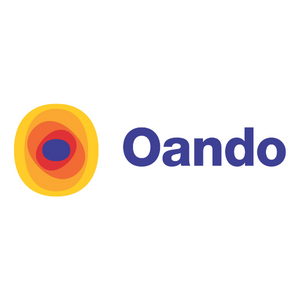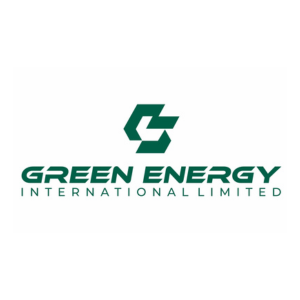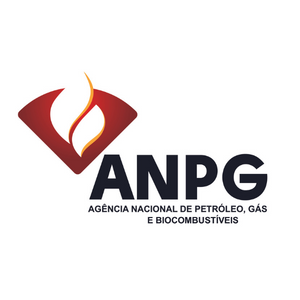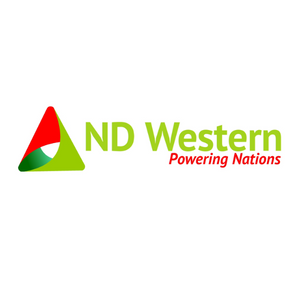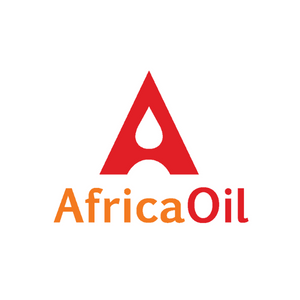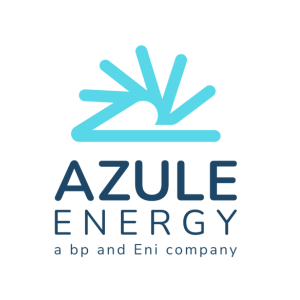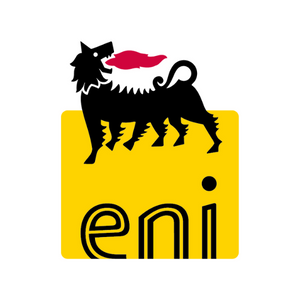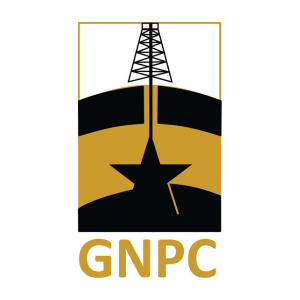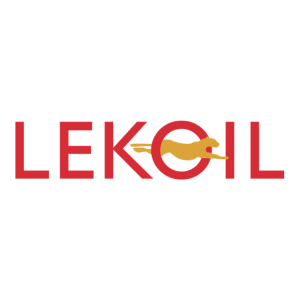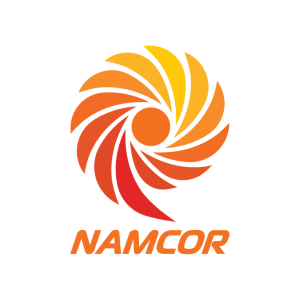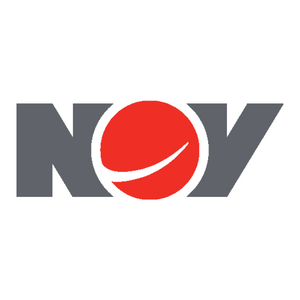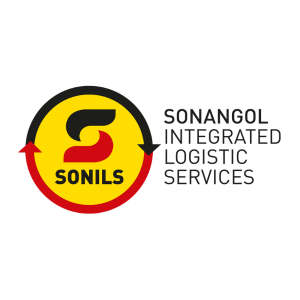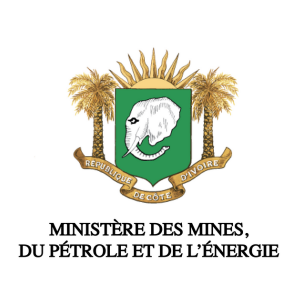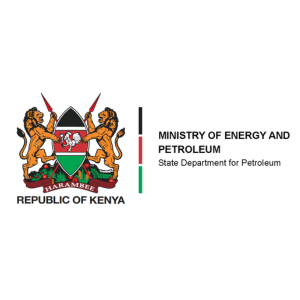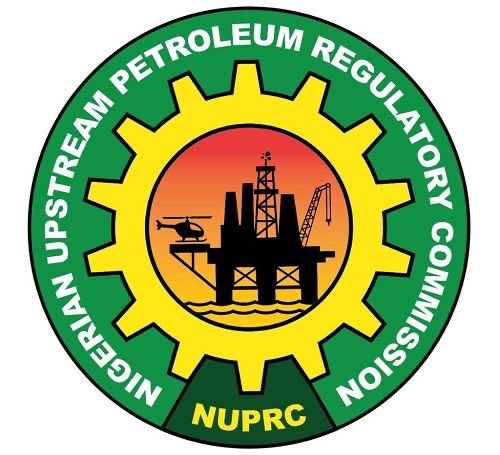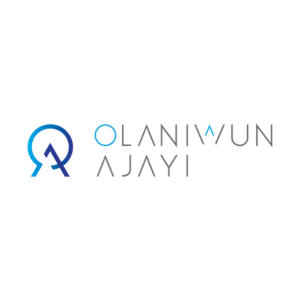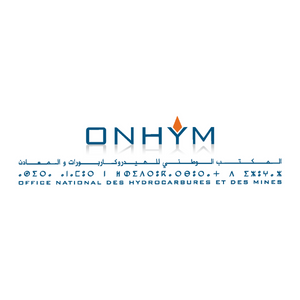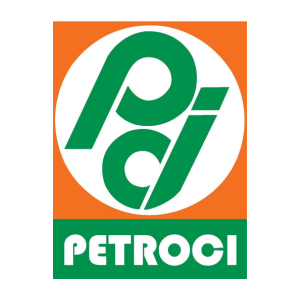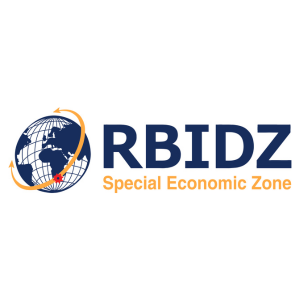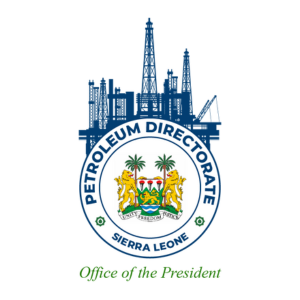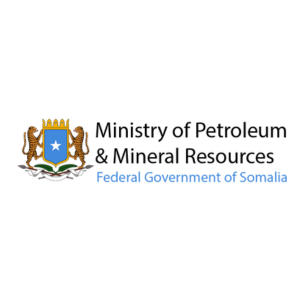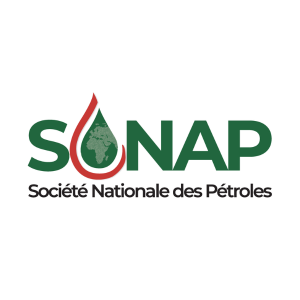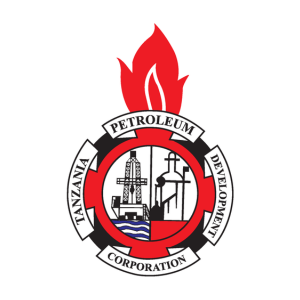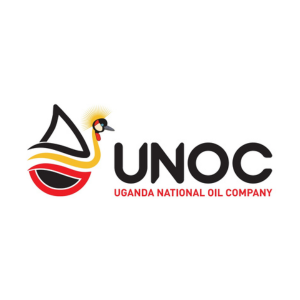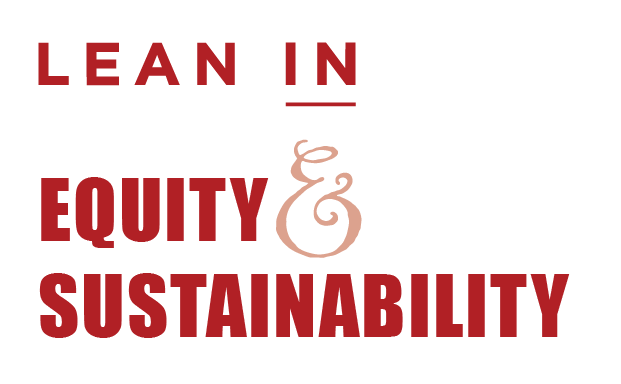With Chinese investment in African oil and gas set to significantly increase from 2019 to 2023, these are the big players to watch.
Chinese investment in Africa’s oil and gas industry
In a bid to position themselves as global players in the oil and gas market worldwide, Chinese National Oil Companies (NOCs) are investing heavily in the exploration and production of oil and gas supplies in Africa. Africa is the second largest region to supply oil and gas to China, after the Middle East, with more than 25% of its total oil and gas imported into China.
There are three key players taking an almost equal share in the forecasted US$15 billion development and production capital expenditure in Africa’s upstream sector – the China National Petroleum Corporation (CNPC), the China Petroleum & Chemical Corporation (SINOPEC) and the China National Offshore Oil Corporation (CNOOC).
The combined investment is slated to be the fourth highest in the period from 2019 to 2023, behind BP Plc, Royal Dutch Shell Plc and Eni SpA.
This investment in African oil and gas is more than the US$10 billion China is putting towards South America and more than twice the estimated investment they’re putting into North America.
Coa Chai, an upstream analyst at data and analytics company GlobalData, says, “Around two-thirds of the spending is in Nigeria, Angola, Uganda and Mozambique. SINOPEC and CNOOC are well established in Nigeria and Angola, while CNPC has a stake in the Rovuma LNG project in Mozambique.”
Why is China increasing its investment in African oil and gas?
“Surging domestic energy demand has led China to diversify its natural resources imports and the upstream footprint of China’s NOCs has increased substantially to nearly 20 African countries,” says Coa Chai.
One of China's largest trade partners is Africa's largest oil producing nation, Nigeria. Nigeria currently pumps 2 million barrels of oil a day and has a goal of producing 3 million barrels per day by 2023. As China’s domestic oil production continues to decline, experts predict that in the next 15 years up to 80% of China’s crude oil supply will be imported.
Big spending for China National Offshore Oil Corporation
There have been several investments of note from CNOOC, including taking a majority stake in a project from Australian oil and gas explorer FAR Ltd, which is drilling for oil off the coast of West Africa’s Guinea-Bissau.
A spokesperson from FAR has said that CNOOC will get a 55.6% stake in the Sinapa and Esperanca licenses from Sweden’s Svenska Petroleum Exploration AB. The Chinese oil producer can opt to become the operator of the joint venture after an upcoming offshore drilling campaign is competed.
CNOOC’s interest will be converted to a 50% stake if there is a commercial discovery.
In Nigeria, CNOOC’s investment and involvement dates back to 2005 and the company is now the largest Chinese entity investor in Nigeria. In 2006, CNOOC spent US$2.3 billion to acquire a 45% stake in Nigeria’s OML 130 deep water license, which is located in one of the world’s most prolific oil and gas basins and contains the Akpo and Egina fields.
A strategic partnership with the Nigerian National Petroleum Corporation (NNPC)
The NNPC has spoken of its support for Chinese investment in Nigeria, despite the fact the region has had its fair share of problems. These include sporadic violent outbreaks, when younger people have taken actions including theft as a way to demand access to the country’s oil wealth. In addition, there has been an arguable lack of transparency from the NNPC, which has seemingly been unable to account for its billions of dollars in revenue in recent years.
Looking to meet the increasing domestic demand for fuel, Aliko Dangote – the richest man in Africa and a Nigerian business mogul – is building what will be Africa’s largest oil refinery in the Nigerian city of Lagos. The US$9 billion mega-project is expected to be completed by the end of 2020, doubling Nigeria’s refining capacity and potentially transforming Nigeria into an exporter of refined product.
China National Petroleum Corporation (CNPC) in West Africa
As China’s largest oil and gas producer in terms of output, the China National Petroleum Corporation has recently signed a contract with the government of Benin in West Africa to build and operate a crude oil pipeline in the region.
The undertaking is a 1,980-kilometer pipeline from the Agadem oilfield in Niger to the port of Seme Terminal in Benin. It is the biggest investment in a cross-nation oil pipeline that CNPC has made in Africa and aims to further enable the transportation of crude oil from Niger to the international market, as well as promoting social and economic development in Benin.
The entrepreneurs investing in African infrastructure
As well as these large corporations spending big on the oil and gas industry, Chinese investors are also contributing to the growth of African infrastructure as a way to make a large economic and social impact.
One entrepreneur of note is Wilson Wu, an electrical engineer by profession, who is now managing the Ogun State free trade zone, a private-public project in which local government provides the land and Chinese enterprise the capital. Wu is said to be one of an estimated 1 million Chinese citizens who have ventured to Africa in the last twenty years to seek out their fortune.
“It is like the China of the 1970s and 1980s when you could open a business and maybe earn a fortune,” says Wu. “Those kinds of fortunes are not possible in China today.”

